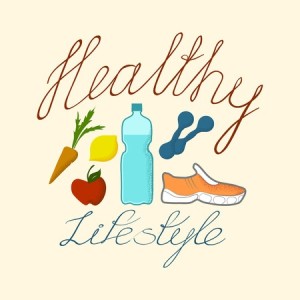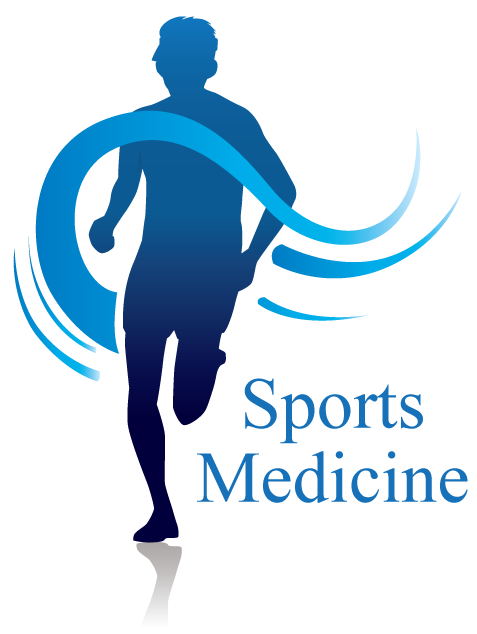Essential Foods to Speed Recovery from Sports Hernia Repair Surgery
 Every athlete knows that one of the keys to performing at his or her best is a well-balanced, nutritious diet. As the old saying goes “an engine can’t run without fuel,” but many fail to realize that after sports hernia repair surgery the demands on the body are as great or greater than they ever will be on the ice, track, field or in the gym.
Every athlete knows that one of the keys to performing at his or her best is a well-balanced, nutritious diet. As the old saying goes “an engine can’t run without fuel,” but many fail to realize that after sports hernia repair surgery the demands on the body are as great or greater than they ever will be on the ice, track, field or in the gym.
Many take the opportunity, since they are sidelined, to take a break from their healthy eating habits. If you’re thinking about joining that camp, don’t. This is one of the worst things you can do and will only prolong your recovery. Not to mention cause you to endure any pain for a longer period of time.
To get yourself back in the game after your sports hernia repair surgery, stick to your healthy eating habits before you have your surgery and throughout your recovery.
Keep complex carbohydrates in your diet
As always, you should avoid simple carbs and go with complex carbohydrates that provide plenty of soluble fiber and phytochemicals, such as:
- Basmati rice
- Quinoa
- Thick rolled oats
- Yams
- Sweet potatoes
- Winter squashes
- Ezekiel bread (fully sprouted)
Complex carbohydrates minimize strain, promote healing and protect against post operative issues.
Fats (the good kind)
When it comes to oils and fats, stay as close to the earth as possible, avoiding hydrogenated products, which can cause inflammation. Examples are:
- Olive oil
- Coconut oil
- Flax seed oil
- High oleic safflower oil
These are good choices for salad dressings and cold foods? Want a little more flavor? Try butter and ghee (clarified butter).
Fruits and veggies
Remember that a key factor in a quick recovery from sports hernia repair surgery is as little strain on your system as possible. This includes digestion, as well as elimination.
Tart green apple, pears and papaya are best for their fiber. High antioxidant dark berries such as blueberries, boysenberries and blackberries (frozen is acceptable) can be added to smoothies made from a rice and nut milks.
For bulk, steamed cruciferous vegetables such as broccoli, cauliflower, kale and collard greens will hit the spot.
Protein
Now, everyone’s favorite subject – protein. Hummus and cottage cheese are acceptable meat alternatives that are easy to digest, but soy, in all forms other than miso soup, should be avoided as it can be allergenic, promote inflammation and slow healing.
For the meat eaters among us, light is the word of the day. Avoid heavy, hard to digest proteins such as beef, lamb and pork. Stick with high biological value proteins that are easy on your system like:
- White fish: tilapia, cod and Dover sole
- White meat chicken and turkey
- Micronized whey or whey isolate powder for smoothie preparations
Supplements
Once your recovery is well underway and the pain medications have been discontinued, taking Bromelain 500 mg, Curcumin 500 mg and Boswellia 300 mg three times a day on an empty stomach will help counter swelling and accelerate healing. Adding Omega-3 fish oil 1,000 mg and B complex 50 mg to your meals will help speed the healing process.
Keeping in top condition requires perseverance, hard work and providing your body with the building blocks that it needs to perform. Healing after sports hernia repair surgery may not seem as strenuous as training, but for your body, it is just as dependent as ever on nutrition. Give it the essential foods it needs.

Helpful Infromation…! Keep Sharing…!